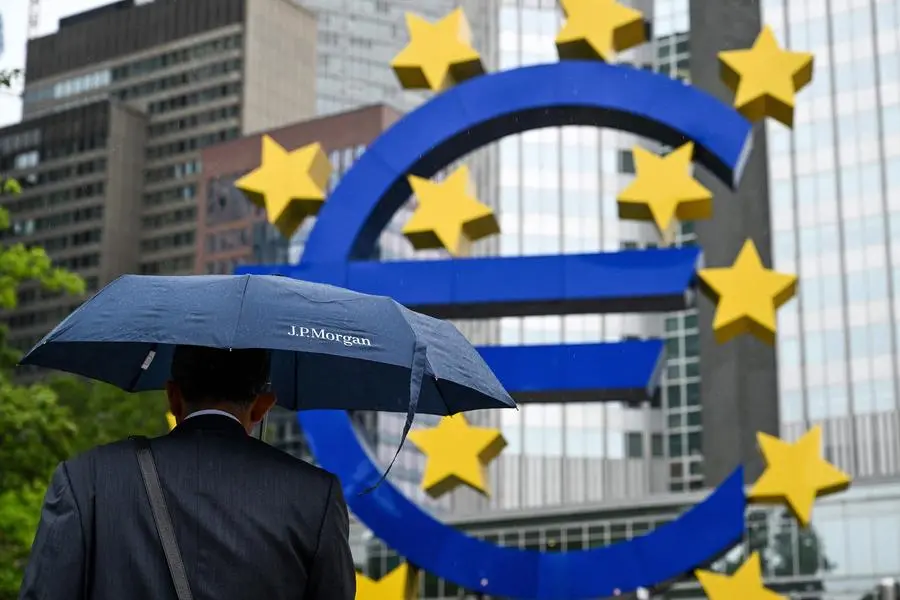PHOTO
The European Commission cut its 2023 and 2024 eurozone economic growth forecasts on Monday, with the single currency area weighed down by Germany's poor performance.
The commission, the EU's executive arm, predicted the German economy would contract by 0.4 percent in 2023, compared to a previous forecast of 0.2 percent growth.
Germany faces recession in its vast industrial sector and a lacklustre performance in exports, both of which have significant impacts for the whole of the economy.
In its report, the commission pointed to manufacturing weakness and said Germany was "hit particularly hard" by energy price shocks linked to the war in Ukraine.
The International Monetary Fund had already predicted Germany would be the only major advanced economy to shrink in 2023.
Growth in the eurozone and the European Union as a whole will continue but will be lower than predicted earlier this year.
In May, the commission said the eurozone would grow by 1.1 percent in 2023 -- but revised that on Monday to 0.8 percent.
"The multiple headwinds facing our economies this year have led to a weaker growth momentum than we projected in the spring," EU economy commissioner Paolo Gentiloni said, pointing to the "economic disruption" caused by the war in Ukraine.
The growth forecast for the 27-nation EU as a whole was also cut for 2023 to 0.8 percent, from an earlier prediction of around one percent.
The single currency area made up of 20 countries will grow by 1.3 percent in 2024, the commission said, down from a previous forecast of 1.6 percent.
EU growth will be sightly better at 1.4 percent next year.
The eurozone inflation forecast has also been revised down, forecast to remain well over target at 5.6 percent in 2023 compared to 5.8 percent in the previous outlook.
Consumer prices in the eurozone are expected to drop back to 2.9 percent in 2024, a slight increase from a 2.8 percent prediction made in May for next year.





















